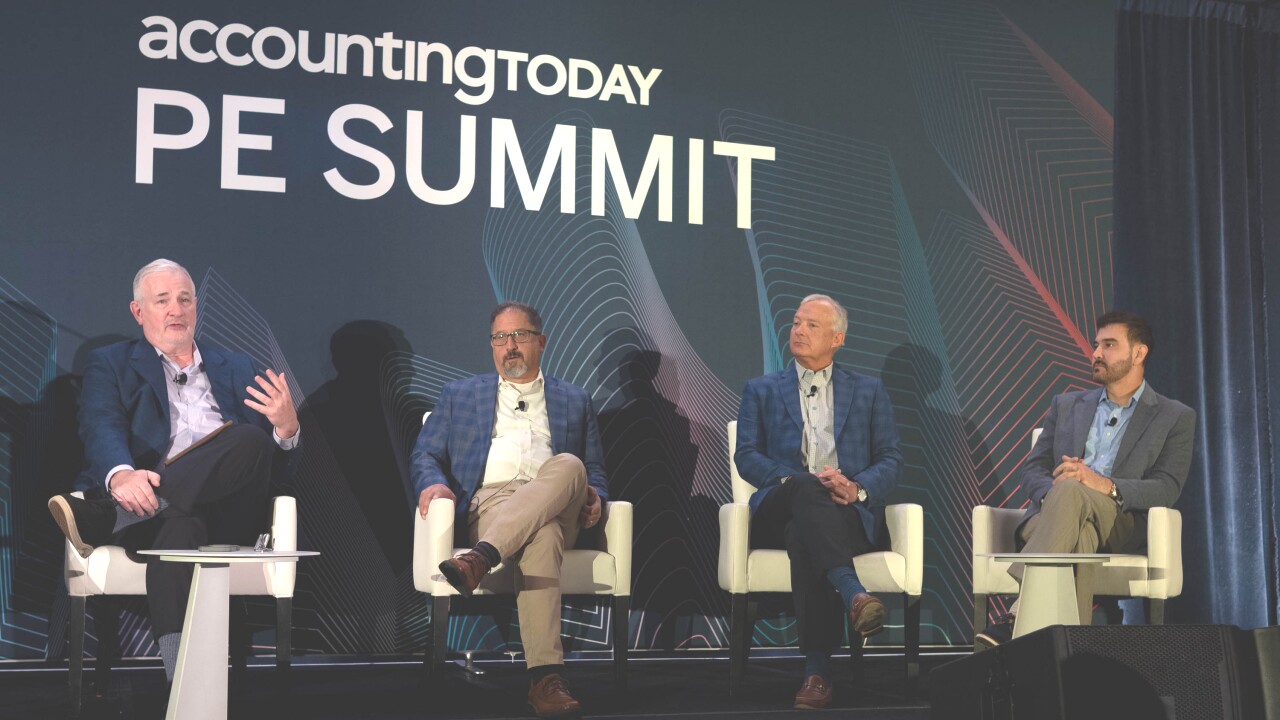Institutional investors are expressing a high level of dissatisfaction with the types of sustainability-related information they are getting from companies, according to a new
Even though 75 percent of companies in the S&P 500 published sustainability reports last year, PwC found that 82 percent of investors who responded to the survey indicated they are dissatisfied with how risks and opportunities are identified and quantified in financial terms, while 79 percent of the investors said they are dissatisfied with the comparability of sustainability reporting between companies in the same industry.
In addition, 74 percent of the investors polled said they are dissatisfied with the relevance and implication of sustainability risk, while 69 percent of the investors who responded to the survey said they are dissatisfied with how companies identify social and environmental impacts in their supply chain.
“When we survey institutional investors, we find that quite consistently across the world they want to apply information about environmental, social and governance issues at companies in their investment decision-making,” said Don Reed, managing director of PwC’s sustainable business solutions practice. “When they go to look for that kind of information, they typically find that sustainability reports are tailored to a large general audience, a broad group of stakeholders, and are not suited to the specific needs of investors. As a result they respond by saying they’re not really satisfied.”
The sustainability reports don’t necessarily explain why the issues are relevant to a company’s financial fundamentals. The reports often tend to provide boilerplate language.
“It doesn’t connect the dots between these issues, this industry, our company, and our financial performance, and that’s not really what sustainability reports were designed to do to begin with,” said Reed. “That’s what’s really at the root of the dissatisfaction.”
The Sustainability Accounting Standards Board has been trying to bridge that gap. SASB is a nonprofit organization whose goal is to develop industry-based guidance to help companies disclose useful information to stakeholders, PwC noted. The standards are designed for the voluntary disclosure of material sustainability information and metrics in SEC filings, such as a Form 10-K. Companies can use the SASB standards as part of their existing disclosure controls and procedures when evaluating known trends and uncertainties. Or a company can consider the SASB guidance when providing voluntary disclosure in sustainability reports or other disclosure vehicles. SASB standards can also help companies identify potential enhancements to their corporate strategy and initiatives, such as increasing the use of environmentally preferred materials, PwC noted.
“SASB seeks to go at that by creating a framework for thinking about these issues as financial and material, and if you find this topic to be financially material for your company, it then provides guidance on how you would go about constructing indicators that would enable you to disclose that with quantitative support,” said Reed. “Presumably over time people could do that in a consistent way because they were using the same rules for what are the right indicators and how to put together the data for that indicator.”
SASB has been rolling out provisional standards for various types of industries. Reed acknowledged that the standards haven’t been used yet by many companies. “They’re still provisional where they have been completed and for some industries they are still being completed,” he said. “It’s still very much early days. There’s been some use of them already, but it’s really just the very beginning of that. They will begin a process for finalizing those standards, and presumably when they have all of them completed and finalized for all industries, then you really kick off the starting point for who is looking at them and who is using them, and how are they showing up in a report.”
PwC is having conversations with clients about the standards, and so far the standards seem to provide a useful suite of topics for each industry where standards have been created. “My overall impression is that they kicked off a positive process that many companies are considering,” said Reed.
He acknowledged that SASB does not have any statutory or regulatory authority to set standards for companies in the same way that the Financial Accounting Standards Board does. “We tell clients this is an exercise in soft power, and that’s a part of the operating environment for your company today,” said Reed. “They’re setting standards out there. They will seek to get voluntary adoption, and that’s their pathway to adoption.” However, he pointed out there are many voluntary standards that eventually become de facto standards. A SASB spokesman noted that SASB has been officially accredited to set sustainability accounting standards by the American National Standards Institute.
Some companies may worry that providing sustainability disclosures that go beyond boilerplate language could expose them to liability.
“There are people outside of companies or inside them who say this is more than what we would want to disclose,” said Reed. “There are potential liabilities. But from our understanding, if an issue is financially material, you should be reporting about it in your financial reports. What gives rise to liability is not asking that question or reporting on it. It’s the underlying physical goings-on that really give rise to liability rather than asking the question of whether this is financially material. You can imagine doing reporting on some of these topics, and some environmental groups may seek information that would in fact give rise to liability.”
Sustainability reporting fits into the broader trend of integrated reporting, such as the kind heralded by the International Integrated Reporting Council. “They’re in a cluster of new approaches and standards for reporting,” said Reed. “Companies in the future are going to be disclosing more information. They’re going to do it more frequently, and they’re going to do it in a way that’s tailored to specific audiences. Those trends seem pretty straightforward and separate from SASB and integrated reporting. But when you think about those trends that relate to SASB and integrated reporting, you could imagine a future of reporting where companies are quite clear that they want to tell an integrated story about their company that includes environmental, social and governance issues. They want to really target that to investors. Integrated reporting and SASB could be very useful in all that. This is all food for thought for companies about how they want to make their reporting better. That’s how we’re thinking about them rather than straightforward adoption of a set of guidelines that’s automatic or robotic. The real question is how can these be helpful to making your reporting better?”





